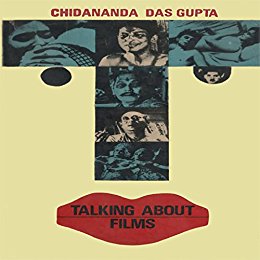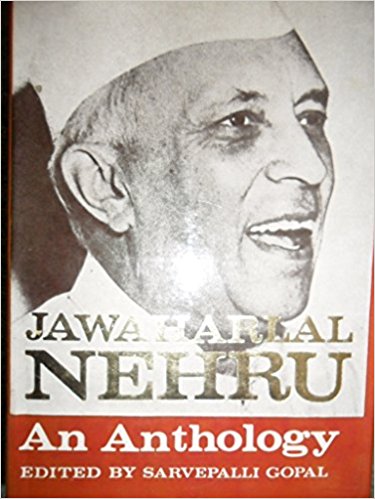While research on the Indian economy, both at the present time, as also in the colonial period, has tended to concentrate on the agrarian sector, relatively little work has been done on the relationship between the rural and urban worlds. The two volumes now under review offer a welcome change from this one-sided focus.
Archives
Jan-Feb 1981 . VOLUME 5, NUMBER 1/2Most of the books on Indian Cinema which have appeared so far rest content with a chronological listing of films made, simplistically categorized, and garnished with high sounding but essentially superficial analyses and evaluations.
Kalpana Sahni’s selection of reminiscences on Tolstoy translated for the first time into English, brings to life the 19th century literary scene in Russia. This book is an attempt to show the many-sided personality of Tolstoy through the memoirs of his relatives, friends, acquaintances and contemporaries. Tolstoy’s 150th birth anniversary coincided with the publication of hitherto unpublished material on him, in the USSR.
Muktibodh Rachanvali is a six volume compilation of the total literary output of one of the most remarkable writers of our time. Born in 1917 at Sheopur, Gwalior, in a middle-class family, Muktibodh died in New Delhi in 1964 after a prolonged illness, leaving behind a sizeable body of work most of it unpublished.
This unexpected and delightful autobiography would have been extra-ordinary enough for its lively, concrete and witty prose (all qualities rarely found in English written by Indian authors) but becomes even more so when one discovers it is the work of a Bengali Muslim who left school.
Anthologies of the writings of a single individual of this type are rare; either they are collections of admonitory sayings with a political purpose on a much briefer compass like Mao Tse-tung’s Red Book or varied selections of the utterances of the great man concerned on a particular topic spread over the years.
‘SARVODAYA’ movement launched by Mahatma Gandhi and pursued by others like Vinoba Bhave and Jayaprakash Narayan in India, and A.T. Aryartne in Sri Lanka, has attracted the attention of scholars an over the world.
The contention that modernization of the agrarian sector is a precondition for economic growth and development is not a mere claim. It is an irrefutable fact which the economic history of the present day advanced countries has admittedly established.
There is a great diversity in the inequality of social, cultural, political, demographic and economic facets of the vast structure of Indian society. Manifestations of many of the various indivious modes of inequality, innate in this society, often make us appear to be a queerly ‘hierarchical breed’ of people.
Colonial land management forms as such did not usher in a new mode of production or fundamental changes in India’s Socio-economic structures. Nor was our differentiated peasant society solely a colonial phenomenon.








